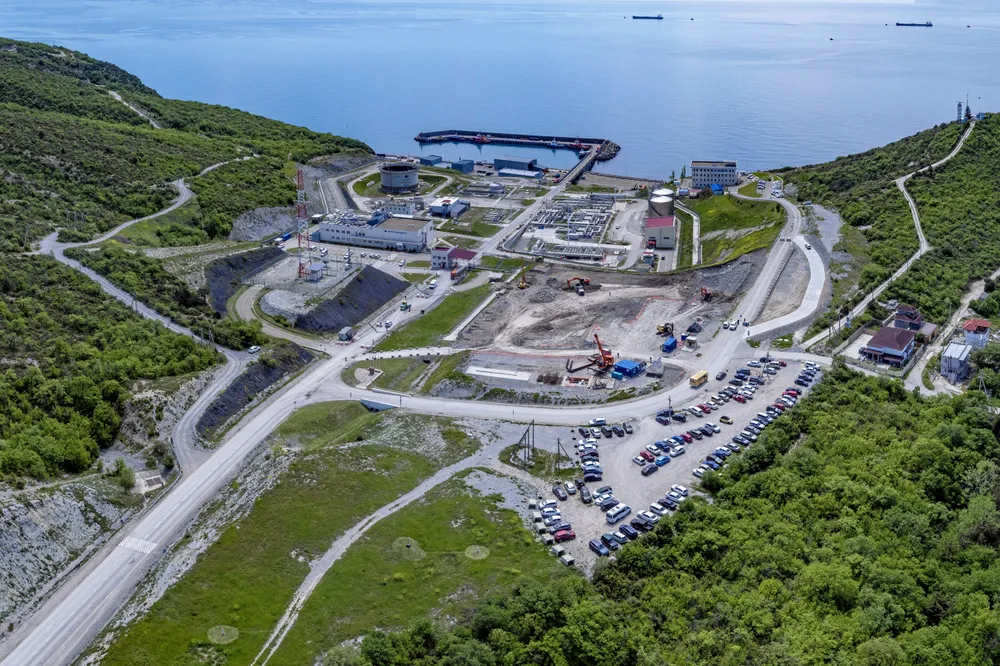Russian court orders halt to Caspian Pipeline oil loadings
European markets set to lose more than 1 million barrels per day of Kazakh oil later this month

European markets set to lose more than 1 million barrels per day of Kazakh oil later this month
